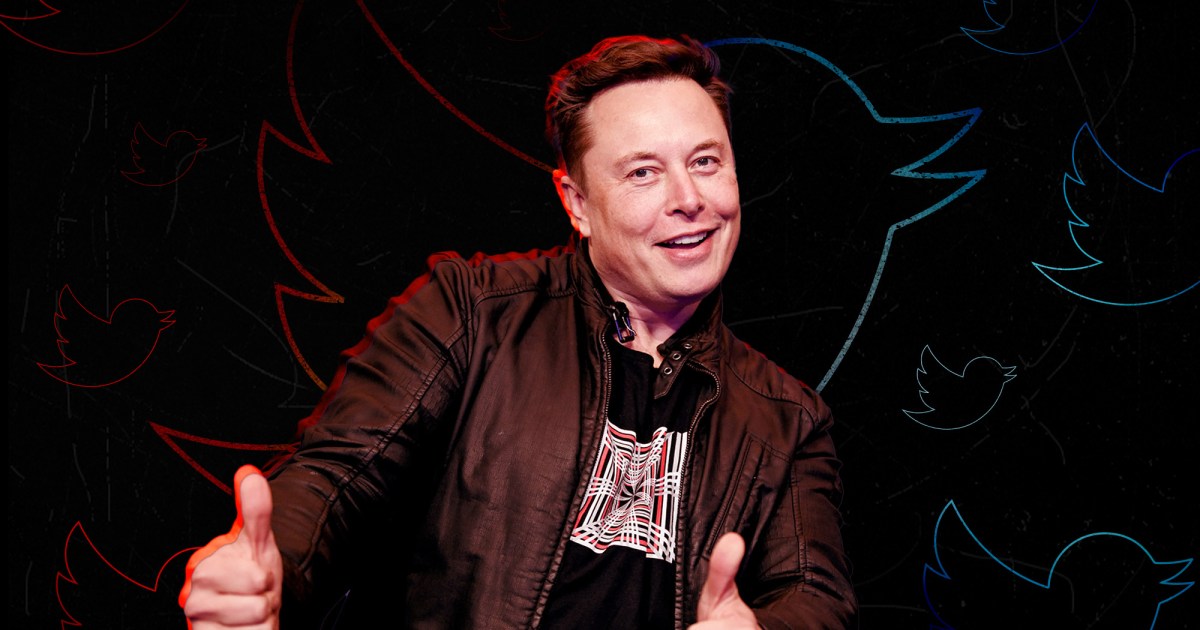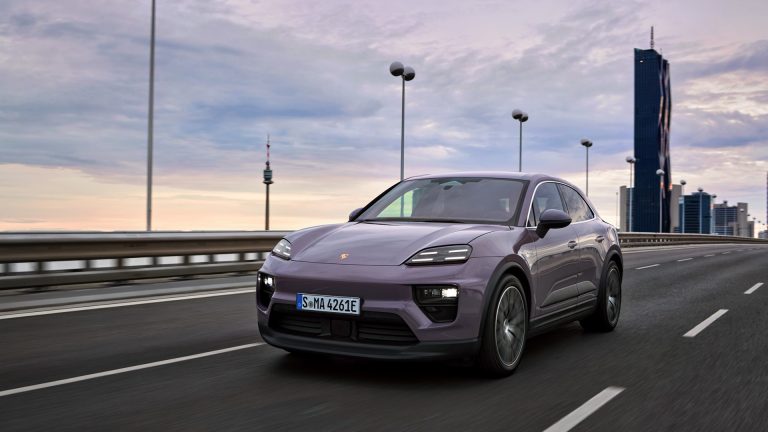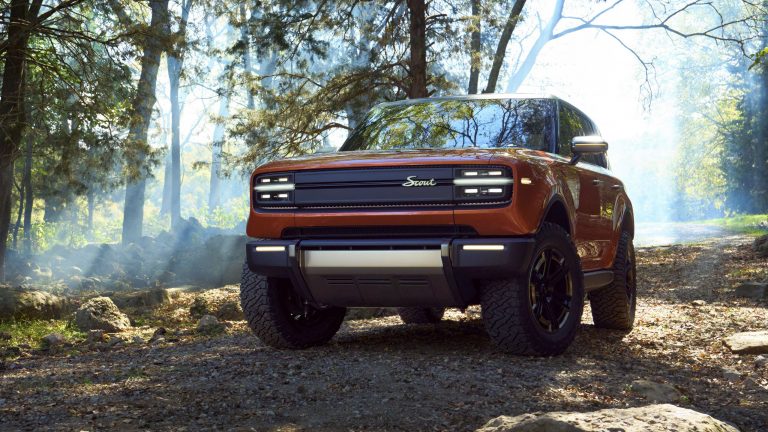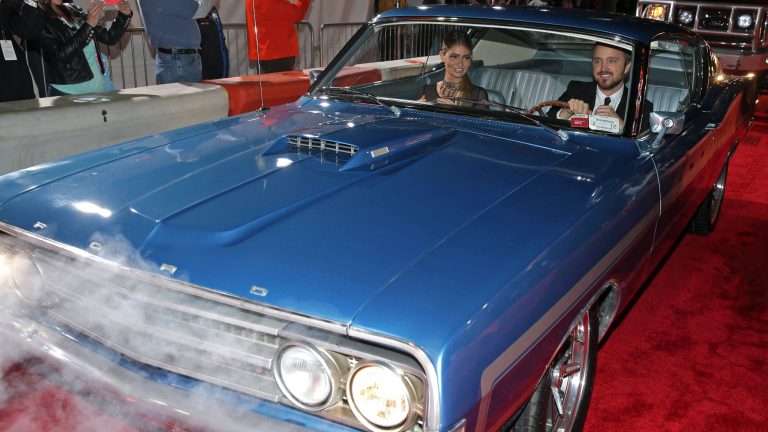Tesla, GM, and VW Set for Shock Drop in Sales as Elusive EV Tax Rebate Phases Out

Electric Vehicles Face Uncertainty with Trump Administration’s Plan to End Incentives
The automotive industry is on the cusp of significant change, with analysts predicting a decline in sales of electric vehicles (EVs) should the incoming Trump administration carry out plans to eliminate the $7,500 federal tax incentives on EV purchases and leases. The proposed move could have far-reaching consequences for the EV market, leading some experts to forecast a 27% drop in demand.
But what drives consumers to buy EVs in the first place? A recent study by research firm J.D. Power sought to answer this question. According to their findings, the federal tax credits have played a crucial role in consumer decisions. A whopping 64% of premium brand EV owners selected their vehicle primarily based on tax incentives, while 49% of mass market EV owners cited similar reasons for their purchase.
The data also highlights a disparity between the impact of incentives on different manufacturers. Volkswagen, Chevrolet, and Tesla owners were the most heavily influenced, with 81%, 77%, and 72% respectively, selecting their vehicles primarily based on tax credits and incentives. In contrast, only 32% of Hyundai buyers, 24% of Kia buyers, and 21% of Toyota buyers reported the same.
Elon Musk, CEO of Tesla, recently expressed support for the plan, arguing it would likely have little effect on his company, but be "devastating" for competitors. However, this stance stands in stark contrast to several trade groups, including the Zero Emission Transportation Association (ZETA), who advocate for the preservation of federal incentives.
The tax credits have had a positive impact on domestic manufacturers, as well as the economy at large. By incentivizing the production and sale of EVs, these incentives have helped create job opportunities across the U.S., including in Republican-led states like Ohio, Kentucky, and Georgia, along with Michigan. As ZETA points out, preserving these incentives would support the domestic automotive industry and boost local economies.
The fate of the federal tax incentives remains uncertain, with the automotive industry eagerly awaiting the outcome. Will the proposed plan go ahead, and what will be the impact on EV sales and the market as a whole? Only time will tell.
Statistics:
- 64% of premium brand EV owners say tax incentives were a primary driver of their decision to purchase or lease their EV.
- 49% of mass market EV owners selected their vehicle based on tax credits and incentives.
- 81% of Volkswagen buyers, 77% of Chevrolet buyers, and 72% of Tesla buyers cited tax credits and incentives as the top reason for purchase.
- 32% of Hyundai buyers, 24% of Kia buyers, and 21% of Toyota buyers reported similar reasons for their vehicle selection.






